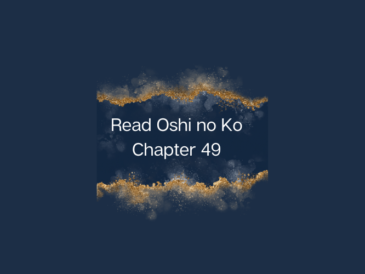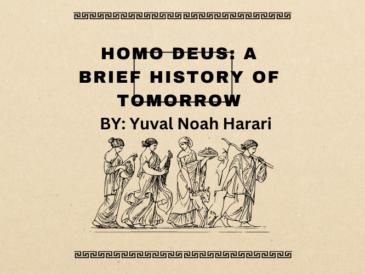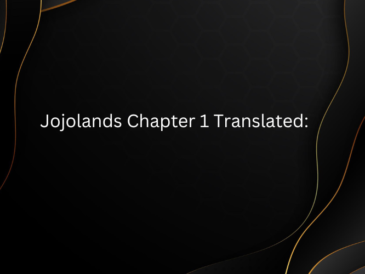Uncovering the Dystopian World of George Orwell’s

About author
George Orwell’s “1984” is a dystopian novel that published in 1949. By the English author Eric Blair, who wrote under the pen name George Orwell, the novel is set in a totalitarian society. Where the government controls every aspect of people’s lives and where individuality and free thought suppressed. The novel is widely consider to be a warning about the dangers of totalitarianism and a testament to the importance of freedom and individuality. “Uncovering the Dystopian World of George Orwell’s ‘1984’”
Summary of the Book
“1984” by George Orwell is a dystopian novel that depicts a totalitarian regime that controls every aspect of citizens’ lives. The novel’s protagonist, Winston Smith, works for the government and begins to question their authority, leading him down a dangerous path of rebellion. “Uncovering the Dystopian World of George Orwell’s ‘1984’”
The novel explores themes of government control, manipulation of information and history, and loss of personal freedom. Despite being publish over 70 years ago, “1984” remains a relevant and powerful commentary on the dangers of unchecked government power and the importance of personal freedom.
Review
George Orwell’s “1984” is a dystopian novel that published in 1949. The novel is set in a totalitarian society where the government controls every aspect of people’s lives and where individuality and free thought suppressed. The novel is widely consider a warning about the dangers of totalitarianism and a testament to the importance of freedom and individuality.
The Dystopian Society of Oceania: The novel takes place in a future world where the superstate of Oceania is ruled by a single party, the Party. The government of Oceania is run by a mysterious figure known only as “Big Brother.” The society of Oceania is a dystopia in which the government has complete control over its citizens. The government uses propaganda, surveillance, and torture to maintain this control.
Key Themes:
- Totalitarianism: The novel is a warning about the dangers of totalitarianism. Which is the complete control of a society by a single political party. In the novel. The Party has complete control over the citizens of Oceania, and the government uses propaganda, surveillance, and torture to maintain this control. “Uncovering the Dystopian World of George Orwell’s ‘1984’”
- Government Control: The novel is a warning about the dangers of government control. In the novel, the government of Oceania has complete control over its citizens, and the government uses propaganda, surveillance, and torture to maintain this control.
- Rebellion: The novel is a testament to the importance of rebellion. In the novel, the protagonist, Winston Smith, rebels against. The government of Oceania, and this rebellion is a symbol of the importance of freedom and individuality.
The Protagonist, Winston Smith: Winston Smith is the protagonist of the novel. However, he is a symbol of the importance of individuality and free thought. Winston works in the Ministry of Truth, which is responsible for rewriting history to fit the Party’s propaganda. Throughout the novel, Winston rebels against the government of Oceania, and this rebellion is a symbol of the importance of freedom and individuality.
Conclusion:
“1984” is a timeless novel that is still relevant today. The novel l is a warning about the dangers of totalitarianism and a testament to the importance of freedom and individuality.
The novel is a must-read for anyone who is concerned about the dangers of government. Therefore, control and the importance of freedom. Whether you are a student, a teacher, or just someone. Moreover, ho interested in dystopian literature, “1984” is a novel that is definitely worth reading. “Uncovering the Dystopian World of George Orwell’s ‘1984’”




